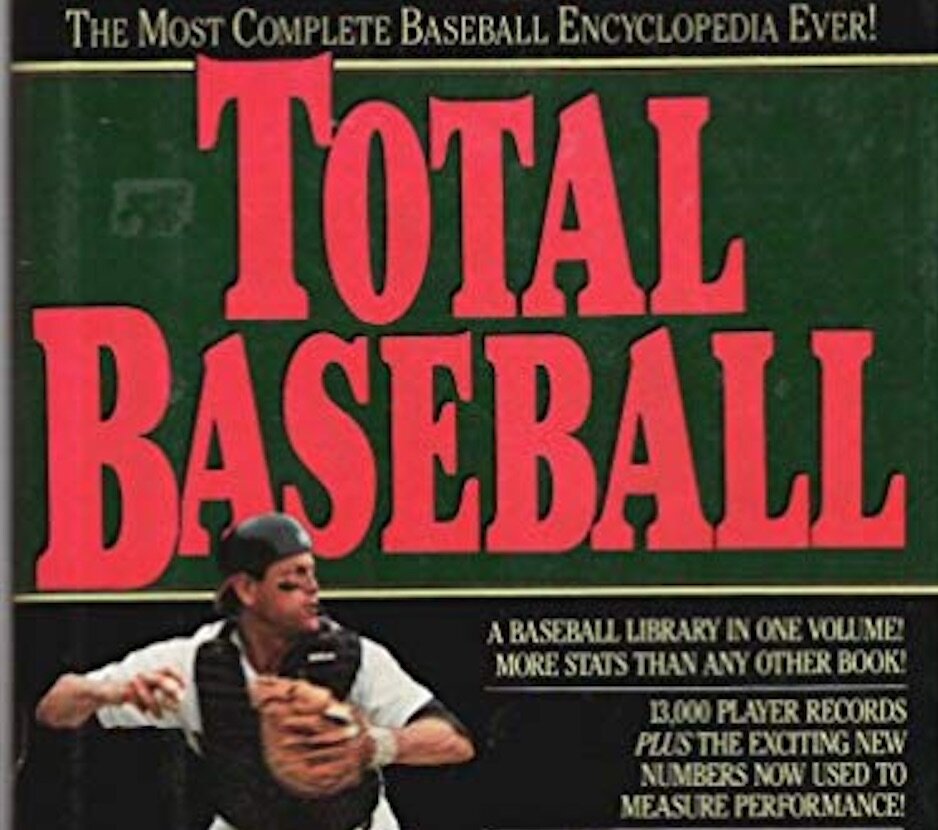Ezra/Nehemiah
The books of Ezra and Jeremiah are two more in the series of historical books of the Israelite people. As has been the case throughout this journey into the Bible, these books provide much more than just a historical account. They provide wisdom and an opportunity to see ourselves within the journey of the chosen people. Though we jumped out of order and covered Jeremiah first, we get back on track by looking at the themes of Ezra-Nehemiah now.
As you prepare to read about some of the big ideas from Ezra-Nehemiah, take some time to read Ezra & Nehemiah and watch the Bible Project’s video outlining the framework of Ezra & Nehemiah as we dive into this week’s “Baseball Guy’s Bible Guide.” Also, if you’d like to dive even deeper as I have into these two books, take a look at the lecture Tim Mackie gives about Ezra and Nehemiah.
Due up in the Bottom of the Ninth:
- An Interesting Franchise
- Incomplete Fulfillment
- A Big History
An Interesting Franchise
Major League Baseball has an interesting history in our nation’s capital, Washington, D.C. Though D.C. was home to an MLB team continuously from 1901-1971, I grew up in a period when there was no baseball in our nation’s capital. It doesn’t sound like I missed out on much as one of the famous sayings about the Washington Nationals/Senators (referred to by both names, which is also strange) was "First in war, first in peace, and last in the American League" (this was a play on words by baseball writer Charles Dryden using a line from President George Washington’s eulogy, "First in war, first in peace, and first in the hearts of his countrymen” - the Nationals/Senators were far from that!).
In 1961, the Nationals/Senators moved to Minnesota and became the Twins. Washington was granted an expansion franchise immediately only to see that version of the Senators move to Texas in 1971 to become the Rangers. The Nationals/Senators lived in exile for 34 years until the Montreal Expos moved baseball back to D.C. in 2005. In 2012, the Nationals won their division and brought postseason baseball to the capital for the first time in 79 years.
What does this have to do with the Bible? Simply this. Ezra and Nehemiah document the fulfillment of God’s promise that Israel will return home after 70 years in exile. They came back to restore their ruined dwellings again. While God never promised that our nation would have baseball in the capital city, He did prophecy and promise that His people would return and lay the groundwork for the Messiah. These ideas of waiting in a time of exile, restoration and rebuilding, and all of the emotions that go with them are important to understand and connect with as we study both Biblical and baseball history!
Incomplete Fulfillment
Connected to those ideas is maybe the most important theme of Ezra-Nehemiah - that of Incomplete Fulfillment. Think for a moment about being a person living at this time in Jewish history. You know the prophecies. Belief in God isn’t a question, He’s as real as the Temple. But you’ve been in exile. You long to return to Him in the form of that building where He dwells. You’re waiting for Him to deliver you back home. Then you get back there…only to find that His presence and all of the signs and wonders are not. The promise of the Messianic King is still there and you’re looking for someone to fulfill that prophecy. It’s just not happening yet. With every passing year, an anti-climactic finish. A time that began with hope only to end with the Incomplete Fulfillment of a prophecy. Ugh.
Baseball people get this. Until 2016, Chicago Cubs fans would famously say, “There’s always next year.” Until 2004, Boston Red Sox fans believed they lived under a curse, a curse famously dubbed “The Curse of the Bambino” by baseball writer Dan Shaughnessy. Franchises who have never won the World Series feel the weight of Incomplete Fulfillment every year. But the ones who have once won the title can better relate to how an Israelite would have felt in a time of Incomplete Fulfillment.
What are we to do in a time of Incomplete Fulfillment? In truth, these periods can be a rich time to explore the core issues of our hearts. They should draw us into a time of reflection and prayer. The teachings of Jesus, the Messianic King promised in the Old Testament, are consistently and constantly focused on the status of our hearts. If you’re sitting in a period of Incomplete Fulfillment, use it as a time to make your heart more complete by leaning into the Father. You’ll experience fulfillment beyond any deliverance from exile, any Temple, or any championship.
A Big History
I remember my first copy of Total Baseball. Carlton Fisk on the cover. A book of Biblical proportions. In fact, I just ordered a used copy of the book for nostalgia. Thank God for Amazon.
One thing I remember doing with the book was looking to see if someone with my last name ever played in the major leagues. There’s just one - Kermit Wahl was a utility infielder from 1944-1951, posting a WAR (Win Above Replacement) of -1.8. While a hall of fame athlete in the state of South Dakota, he was a normal guy by major league standards. I wanted to be the second Wahl to make it to the big leagues (newsflash - Kermit’s still the only Wahl to make it).
Though the book no longer goes to print annually, books of that size and stature provide us all with great perspective. It gives us a sense of how big history is and how small we are in comparison. the Bible should do the same. It should help us understand how big our God is and how much He has to share with us through His Word. Through this study and writing I’ve come to appreciate and understand the wholeness of the Old and New Testaments. The book is a complete story culminating in the unleashing of the Holy Spirit for the rest of history. We see God reaching to us constantly in the Old Testament, Jesus coming to teach and fulfill the prophecies of the Messianic King in the Gospels, and the power of the Holy Spirit in Acts and the epistles. The rest of the story is our opportunity to enter into the story.
Take these moments to know that God is real, He’s calling us to walk freely into His story, and to discover that you have a purpose to share His good word in the baseball and softball communities where you live on a daily basis. You’ll be amazed by what the Holy Spirit can do. When you do, one day you’ll see your name in a big book, the Book of Life.




